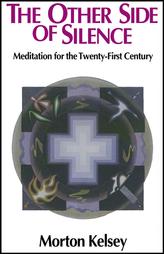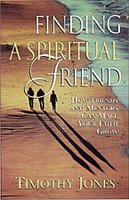The Other Side of Silence
 Author: Morton T. Kelsey
Author: Morton T. KelseyPublisher: SPCK, London
ISBN. 0281 029849
An excellent book written as a guide to Christian Meditation. It focuses on the discipline from both Western and Eastern tradition and considers meditation in the light of other spiritual traditions, Zen and TM to name just a couple as well as the psychological paradigm of Jung. The 'Checklist' is especially of note. His comment here on the importance of relational theology it timely. It is full of anecdote and illustration. It has particular good sections on the use of 'time' as well as on the interpretation of dreams. I found it surprisingly easy to read.
'A complete religious life involves more than one element. It needs to be rooted in the traditional practices and beliefs and morality of the Church. At the same time it also needs to seek the bliss and contemplation of God that provides the essential meaning to these traditional practices and the motive to share that meaning with others. Finally, the whole structure depends upon the individual’s continual growth and ability to bring all parts of the being into the religious process and keep integrating them so that more and more of the love of God is brought into himself and then into the world. This last process, in particular, involves the use of images and imagination.'
Morton T. Kelsey, ‘The Other Side of Silence’, London, SPCK, 1976, p.155.







